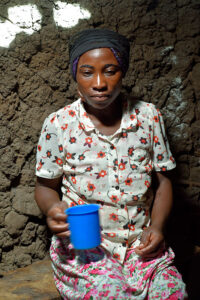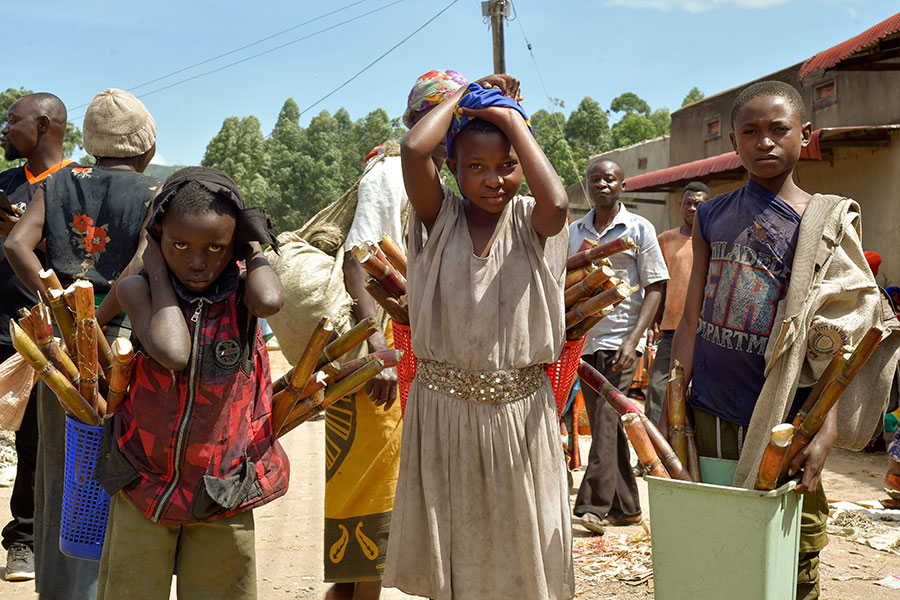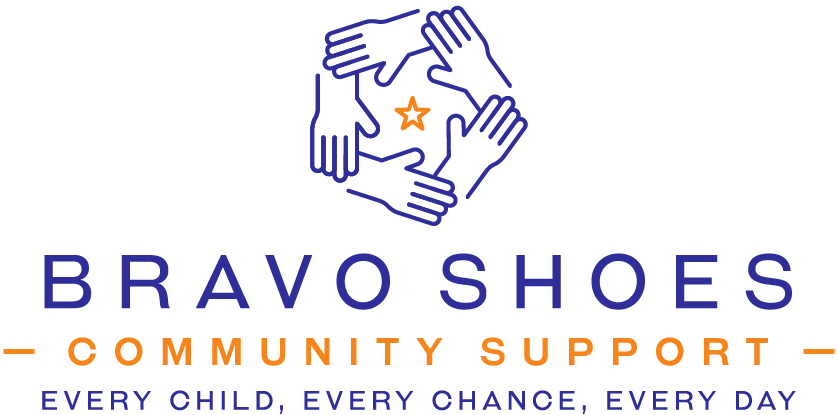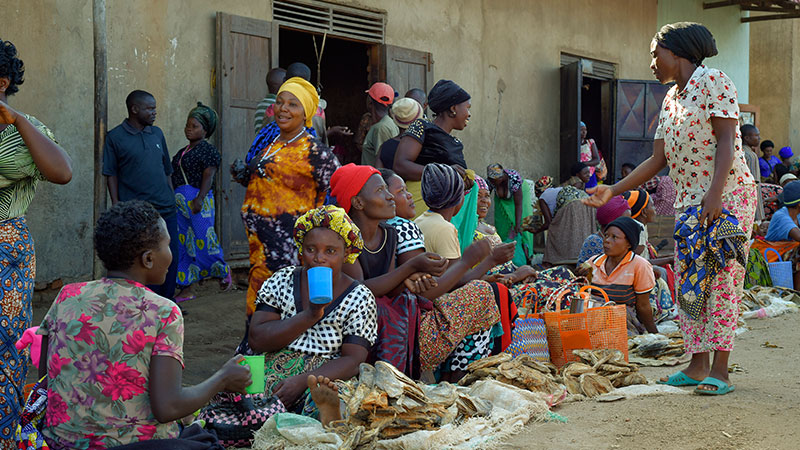By Author Yesigye Brian
Meet Itungo Sylvia, the mother of the popular Sam Bright Muhindo, a six-year-old dancing sensation discovered by Bravo Shoes Community Support Organization.
 Itungo is a 35-year-old mother of 9 children aged between 2 years – 19 years with 6 older girls and 3 young boys, which include Muhindo. When asked if she is still interested in giving birth to another child, it was a yes and no answer.
Itungo is a 35-year-old mother of 9 children aged between 2 years – 19 years with 6 older girls and 3 young boys, which include Muhindo. When asked if she is still interested in giving birth to another child, it was a yes and no answer.
She became a mother at the age of 14 and her firstborn is 19 years. She knows no hospital when it comes to giving birth despite having a nearby Karambi Health Centre 3, a walkable distance nearby.
Her firstborn is somewhere in Kampala working as a housemaid, she can’t exactly tell where she is and hardly hears from her due to lack of a phone, she says but surely, how could she if she has tonnes of loads back home, she has a baby, siblings and the stress to earn a living. This makes Sam’s mother a grandmother already at the age of 35.
To understand the plight of a woman in Bwera, Kasese Western Uganda at the border with the Democratic Republic of Congo (DRC), let me introduce to you Itungo Sylvia, Maama Sam Bright Muhindo’s survival instincts.
Out of the ten women the Bravo Shoes Community Support Organisation team interacted with, six aged from 25 to 30-years-old had more than 5 children and could not afford to take care of them. Four out of the ten women, one could only afford to take care of at least 1 of their children and the rest of the children rely on their own fate or when luck strikes.
The Girl Child

Some of the school-going children aged 15 and 16 we talked to, expressed fear of the blurred future and diminishing chances of staying in school. In the same community, there are girls of the above age breastfeeding while pregnant while others below that age hawk merchandise like sugarcanes and boiled eggs within the town.
Biira Evelyn is a 13-years-old student of Quality Model School, she wakes up as early as 6:00 Am to fetch water from the nearby borehole a few kilometers away, according to Biira, she goes to the borehole at 6:00 Am and returns home at 8:00 Am with her jerry can be stacked with a cloth on her forehead before she goes to school. It may take her another 1 hour to reach school.
“It is easier to climb with a jerry can on the head than using bare hands, you easily get tired with your hands,” she said referring to the mountains that can’t allow them to use their hands much often within their location.
It is estimated that Bakonzo women carry loads between 30kgs to 35kgs on their foreheads and move several kilometers as they hawk merchandise to earn a living.
Then Biira Naome, a 15-year-old Primary six student at Nyabugando Primary School has a similar experience, it takes hours for her to reach school which is kilometers away from home.
“Most of my friends are married off because our mothers cannot afford to raise school fees,” she narrates.
A Pick in Maama Sam’s daily life

It’s a Friday 8:00 Am, Maama Sam treks about 8 kilometers to the Market place after crossing the border to Lubiliha market which is the main business hub that serves over 2,000 people from 5 districts in Uganda and DRC every Friday Market Day.
Maama Sam hawks salted fish fillets and skins on which she earns between Ush2,500 to Ush5,000. According to her, on a good day, her profits are saved in their saving group called Twanzane Group in which they share their money at the end of the year before Christmas.
“I save my profits in the group saving whereby each member receives her share at the beginning of December. However, I have spent 3 months without saving because I don’t have capital. I Am hired to do hawking and I receive a commission at the end of the day,” she says.
According to Maama Sam, if she ever gets capital, she would be able to save her profits and get a reasonable amount of money she would save.
The group which has 30 members meets every Saturday and could raise at least Ushs3 million a year.
“To receive a loan from the group, it depends on how much you have on your account in the saving group,” she explained.
At Lubiliha market where Maama Sam works, the popular businesses range from money changing, smuggling, salted fish fillet, fish skins, locally made palm oil, and salted silverfish got from Lake George and Edward among other lakes.
Maama Sam and others assemble and pack tonnes of the smoked Fish which is later exported to DRC.
According to Baluku Gregory, one of the leaders with the title Market Master, this market belongs to Uganda, it can host over 2,000 people daily (mostly women) and more than 200 trucks transporting fish to Congo.
Sam’s father Katsumbyo Julius usually works as a storekeeper or a carrier of logs full of fish fillets and smoked skins. According to Katsumbyo, each full bag packed can cost Ush3,000 on a good day, and packing each bag at Ushs2,500 only.
Maama Sam and her husband Katsumbyo paint a wide picture of the community in Bwera, a family with many children of school-going age but they struggle to take care of their children.
Some of the women and men we talked to point out mainly poverty due to a lack of casual work to support their immediate families. Others point out laziness and alcoholism among men as driving factors.

